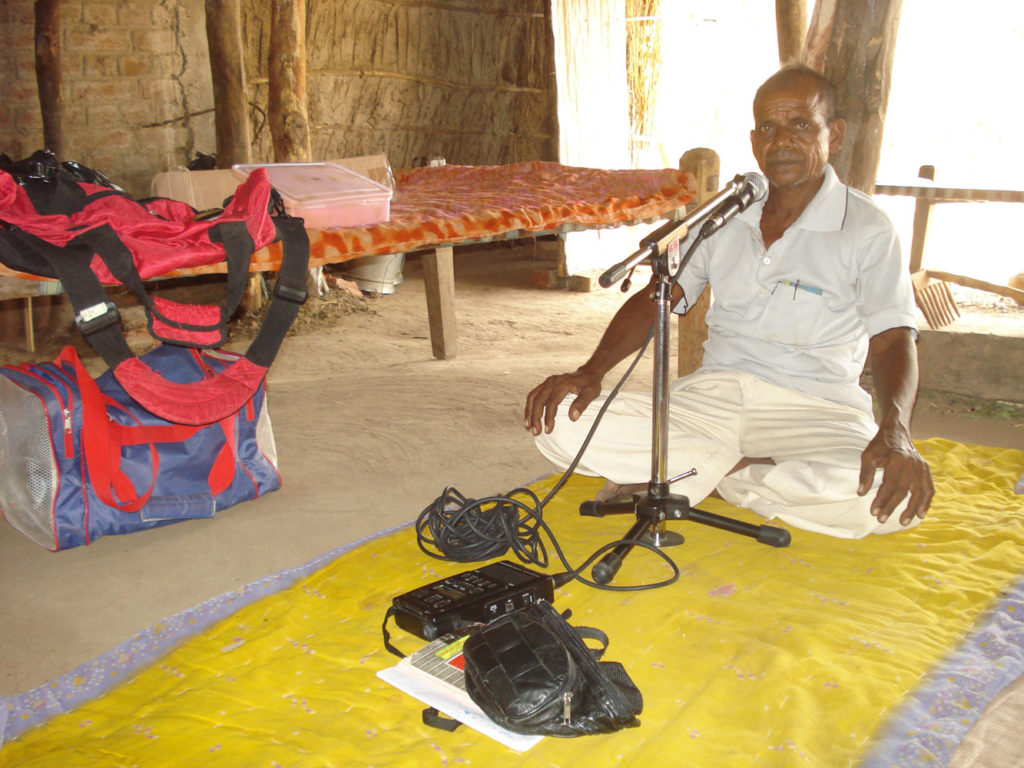2-3 minutes
The Cambridge Dictionary defines ‘oral history’ as, “information about a historical event or period that is told to you by people who experienced it.”

In India, as well as elsewhere in the world, the age-old tradition is that knowledge, experiential wisdom, information and history are passed on to the next generation orally. Even now in our modern age, in many parts of India, particularly among the communities with languages that do not have a written script or in areas and among communities where literacy rates are not high, exchange of knowledge is majorly oral. Rural, adivasi and ethnic communities in particular pass on history and knowledge orally.
Oral history is gaining significance as an important method of study of history since it is a more participatory process of recording historical events. Highlighting the significance of oral history, Dr. Mridul Hazarika, Vice Chancellor of Guwahati University in his address to the annual conference of Oral History Association of India, November 2017 rightly said, “oral history will take a central position in history in the days to come. Oral history recognizes the role of those people who appear to be least significant”.
Similarly, oral historian Alessandro Portelli, Professor of Anglo-American literature at the University of Rome La Sapienza, says, “oral history gains significance with the increasing mistrust of official history. Oral history is the history of the marginalised. Oral history is respectful of people’s ability to speak, it respects the freedom of expression, it is proud of people’s heritage and recognizes the ability of people to be authors and creators”.
Indira Chowdhury, the Founder Director of the Centre for Public History at the Srishti-Manipal Institute of Art, Design and Technology, Bangalore and Founder President of Oral History Association of India, while talking about the partition of India in 1947 says, “Oral history enables us to examine how a remembered past confronts the glorified stories of nation-building…”.
And finally, to me, oral history is as much an act of resistance as a means to archive people’s history. Having been an activist of NBA, I am also conscious about, which and whose memory is curated, preserved, propagated and asserted is politics by itself.
Considering all of this, I embarked upon this journey of recording and disseminating the oral histories of the Narmada struggle. I felt that oral history is the most appropriate medium to record struggles of marginalised people over fundamental issues of development, equity and justice. Their oral histories tend to be more transparent and heartfelt and their narratives are often rich in highlighting ecological values of sustainability and conservation which are likewise marginalised. The power of oral history as a method, and the opportunities that it offers for the unheard voices of the marginalised to be heard and to contribute to the recording and study of history, are seen in their full effect in these oral histories and live documentation of the ongoing Narmada struggle. For more discussion on the strengths and limitations of this approach, see the Methodology Section.